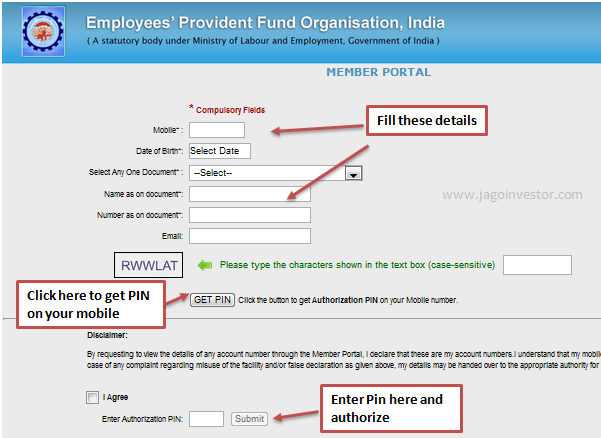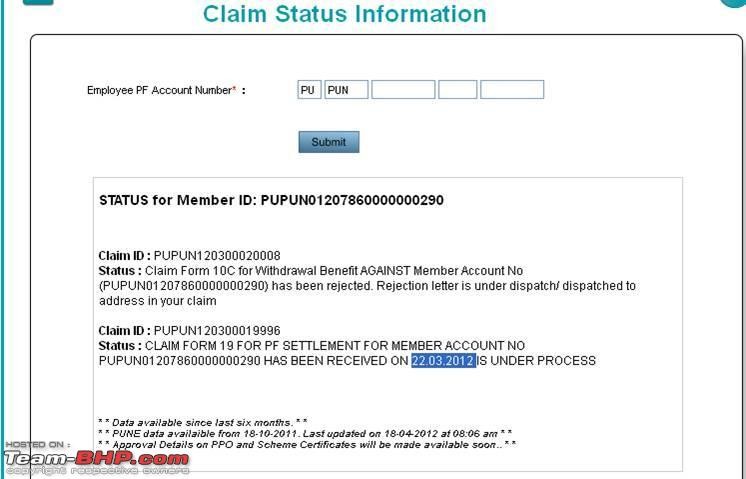Should you withdraw or transfer Provident Fund (EPF) during a job change
Post on: 16 Март, 2015 No Comment

Should you withdraw or transfer Provident Fund (EPF) during a job change?
Many of the employees would change the job to move in their career. One financial aspect which would come into mind is whether we should withdraw or transfer an employee provident fund (EPF) during a job change. In this article, I would provide some views on what an employee should do about provident fund when he or she would change jobs?
What is employee provident fund (EPF)?
When you are employed in a company, 12% of basic and dearness would be transferred to employee provident fund. An equal amount of employer share is also transferred to this EPF account. The current interest rate is 8.5% per annum. Means you would be getting 8.5% fixed returns on your EPF balance every year.
What happens to your employee provide fund (EPF) account when you change your job?
- Legally an employee should transfer his EPF account to new company when he changes his job. However, you can withdraw amount based on certain criteria.
- If you want to withdraw EPF amount and if you have completed 5 years of continuous service in single or multiple companies, you are eligible to withdraw EPF amount and the returns are tax free.
- If you want to withdraw EPF amount and if you have NOT completed 5 years of continuous service in single or multiple companies, the employer share including interest is taxable. This amount needs to be treated as Salary and pay necessary income tax based on your income tax slab in the year of withdrawal.
Should you withdraw or transfer your EPF account

PF offers 8.5% per annum returns: Good interest rate of 8.5% per annum on your EPF account discourage for you to withdraw.
Good retirement option: EPF could be a good retirement option as you save for long term till retirement. You are forced to make savings.
Tax free returns: You can expect tax free guaranteed returns from EPF account.
Compounding helps to grow money: The compounding interest on the EPF account for the long term would help you to save good amount of money.
Consider withdrawal last option: You should continue to invest in EPF account considering positive factors and withdrawal should be the last option.
Withdraw only after 5 continuous years of service: Your withdrawal option should come only after 5 years of continued service that too in case of emergency only. This way you can get a tax exemption. Even if you are falling in the 20 % tax bracket, all such EPF amounts of employer + interest on that needs to be paid as income tax which would screw up your withdrawn amount.
Withdraw in case of discontinued employment: You can opt for a withdrawal of an EPF amount in case you are discontinued from employment, and take care of any other business activities.
Conclusion : I feel an employee should continue to invest in EPF and should transfer the EPF amount to new company during change of job. Withdrawal of EPF account should be your last resort.
If you enjoyed this article, share it with your friends and colleagues on Facebook and Twitter.
Should you withdraw or transfer EPF during a job change














